MRSA risk at northeast Ohio beaches
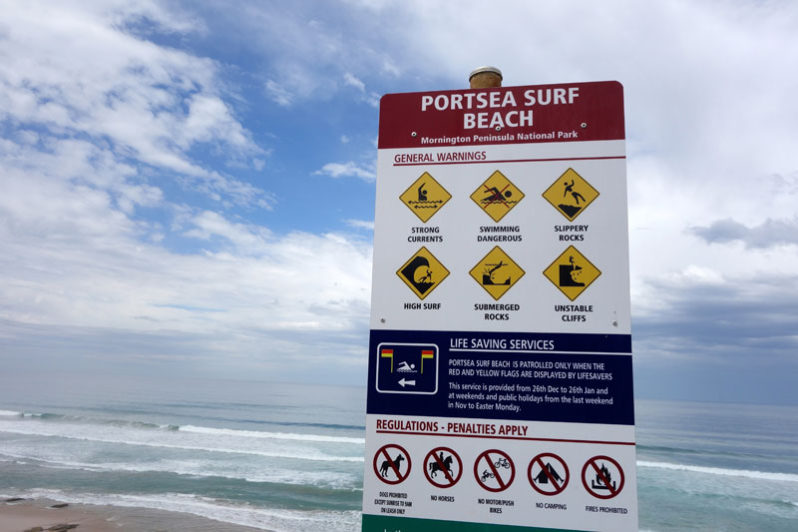
A study conducted in 2015 shows a higher-than-expected prevalence of Staphylococcus aureus and methicillin-resistant Staphylococcus aureus (MRSA) at beaches around Lake Erie.
Drowning in garbage
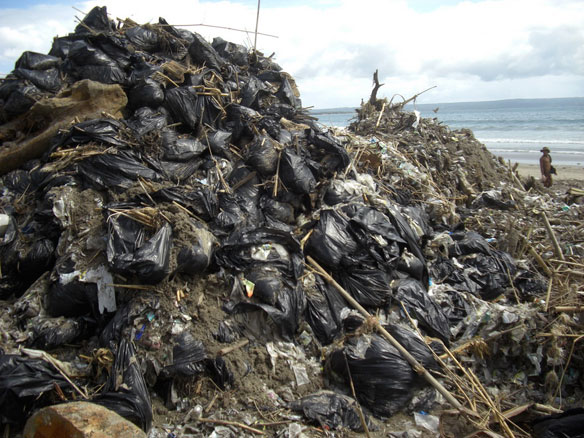
The world produces more than 3.5 million tons of garbage a day — and that figure is growing.
U.N. environment chief warns “we’re facing an ocean Armageddon”
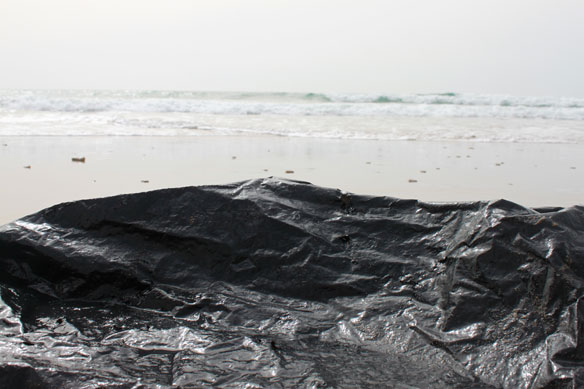
U.N. Environment Executive Director and Under-Secretary-General of the United Nations, Erik Solheim, said that he is hoping that the Nairobi summit will be a turning point, “We’re facing an ocean Armageddon: Every year, we’re dumping at least 8 million tons of plastics into our oceans.”
Rapid, large-scale, coordinated action needed to beat pollution – UN chief

Noting the severity of the threats posed by pollution to both people and the planet, United Nations Secretary-General António Guterres highlighted the need for rapid, large-scale and coordinated action by all actors to make the world pollution-free.
Q&A: “What Price Do We Put on Our Oceans?”
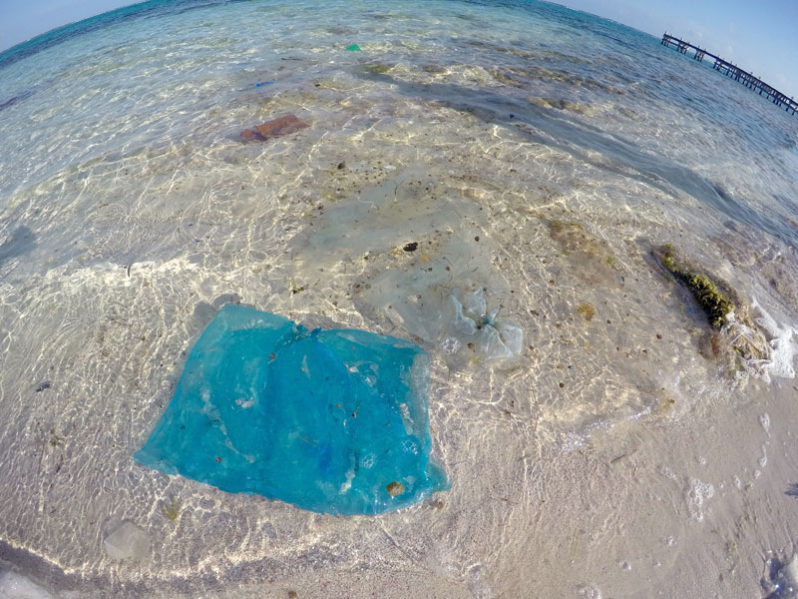
An interview with the Executive Director of United Nations Environment ERIK SOLHEIM ahead of the Dec. 4-6 3rd UN Environment Assembly in Nairobi, where 193 member states will discuss and make global commitments to environmental protection.
Lobster found with Pepsi logo ‘tattoo’ fuels fears over ocean litter
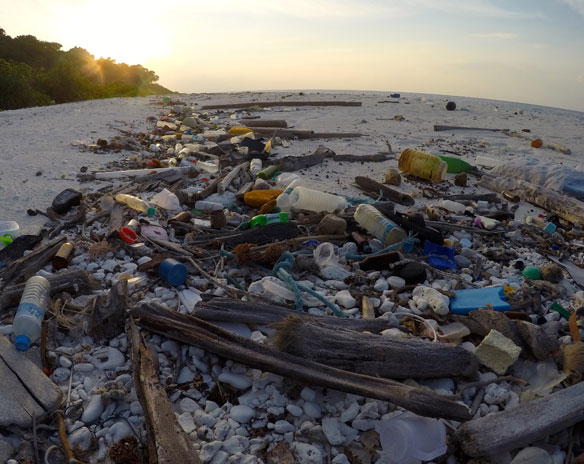
Concerns over debris littering the world’s oceans are back in the spotlight after a Canadian fishing crew found a lobster with the blue and red Pepsi logo imprinted on its claw.
Desperate Need to Halt ‘World’s Largest Killer’: Pollution

Now that the lights of the UN climate change summit’s meeting rooms having been turned off in Bonn, after a week of intense negotiations and some partial results, another major environmental event is now schedule in Nairobi, this time to search for ways to halt the world’s major killer: pollution.
Radioactivity Lingers from 1946-1958 Nuclear Bomb Tests
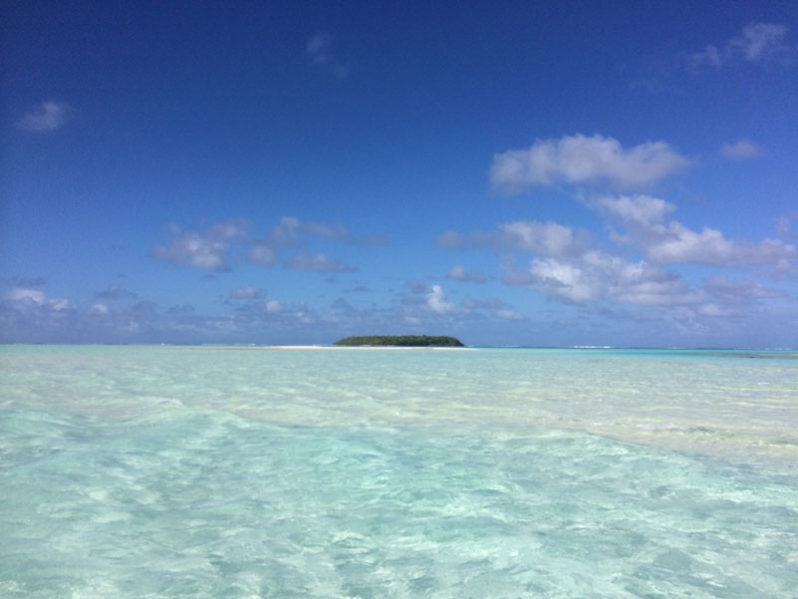
Scientists have found lingering radioactivity in the lagoons of remote Marshall Island atolls in the Pacific Ocean where the United States conducted 66 nuclear weapons tests in the 1940s and 1950s.
Plastics found in stomachs of deepest sea creatures
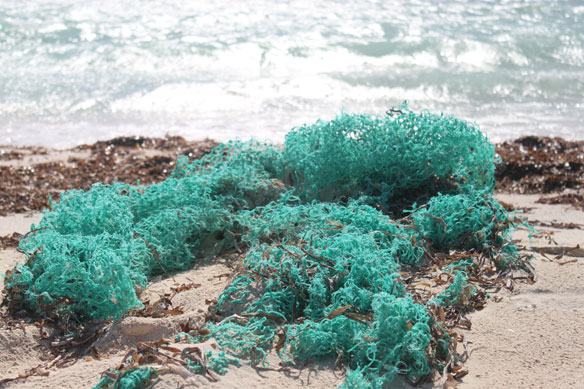
The study, led by academics at Newcastle University, found animals from trenches across the Pacific Ocean were contaminated with fibres that probably originated from plastic bottles, packaging and synthetic clothes.
